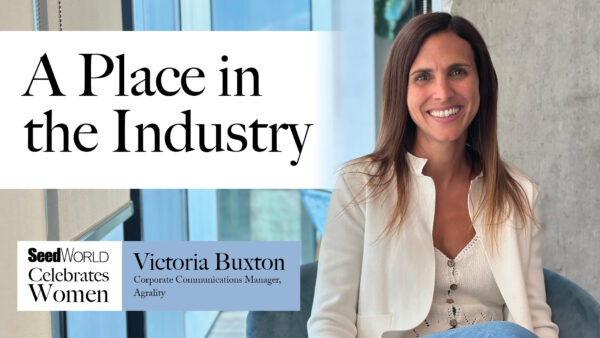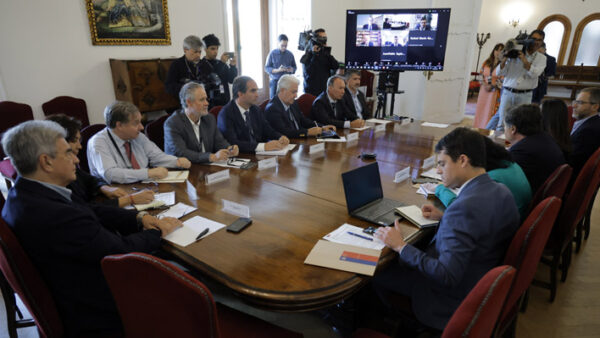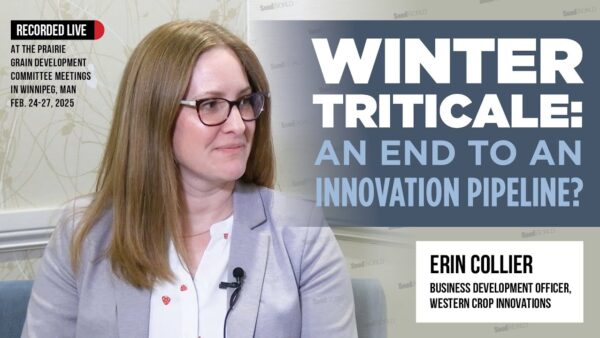Many colleagues in the sector find it so hard to deal with activist Non-Governmental Organisations (NGOs) that they prefer to keep maximum distance. It may be a shared attitude of those NGOs as well to either stay clear of any commercial sector, or instead to aggressively approach them. However, in other cases it is not necessary to distrust NGOs and it is definitely not always in our own interest to avoid direct contact either.
It is often not hard to understand why we find NGOs difficult to deal with. We are considered part of “the establishment” and the purpose of most NGOs is that they are against the established order. That is commonly illustrated by the fact their actions are against something, be it banks, GMOs, fossil fuels, chemicals, nuclear energy, corporations, you name it. And in their communication, they are often very good in framing, and playing on emotion with well-designed one-liners – a skill that we find difficult to match. That may be a poor basis for a constructive discussion. But with some effort, more openings could be found than we might think, in some cases leading to unexpected opportunities. Two examples by Plantum may illustrate that.
Conventional and organic agriculture are often set against each other. Disputes arise about aspects of sustainability and moral superiority. The organic sector is a pretty good market for several seed companies, but in various political debates friction prevails and we may look upon organic organisations as NGOs. Some 10 years ago, however, Plantum and the main organic value chain organisation in The Netherlands, Bionext, jointly created a research programme. “Green Breeding” aims at breeding research that would not exclusively but ‘also’ be useful for the organic sector. Projects emerged on both technical and organisational issues. An example is ‘Bioimpuls’ where farmers, seed companies and researchers joined forces to create Phytophthora-resistant potatoes in parallel with a public research project to introduce resistance genes using cis-genesis. The organic parties rejected the cisgenesis technology but realised that the detailed molecular knowledge gained there was extremely useful to speed up their crossbreeding programme. The recognition gained in this collaboration recently led to a joint effort to reach out to politicians and government to continue such research. Politicians appreciated to see us together with the organic promoters, which helps to position Plantum and the seed sector at large on other policy dossiers as well.
On another note Plantum got in touch with development organisation Oxfam, that was involved with local NGOs in several countries to support farmers’ seed systems. Their actions opposed seed legislation and plant breeders’ rights (PBR). The commercial seed sector in those countries was clearly not the friend of the local Oxfam counterparts. When talking about their main problems with PBR though, the conclusion was that the principle of rights was not necessarily opposed, but they strongly worried about the impact on smallholders struggling to produce enough food for their families. Realising that intellectual property rights (IPRs) indeed fit in with commercial settings, we jointly came to the conclusion that a proper demarcation of commercial and non-commercial farming and seed exchange could bridge our initially opposing views. The outcomes of a joint project that lasted three years were presented in Euroseeds and ISF, and recently in Rome in the presence of a wide variety of stakeholders in the genetic resource negotiations. Much more radical NGOs than Oxfam were remarkably positive towards our joint proposal. Since issues around smallholder farmers feed political opposition against UPOV in several developing countries, we hope that this effort will support the credibility of the international PBR system and UPOV as an organisation.
Some say that we have an easy starting point, linking with NGOs in The Netherlands where discussing until a solution or a compromise is reached is part of the national culture. This seems to stem from the time that most of the country was a swamp and that flooding of our fields and homesteads was a perpetual risk. The answer by our forefathers was “dam(n) it!” – i.e. to construct dykes all around our towns and fields and construct windmills to pump the water out. This requires every landowner to agree with the plan and take his share in the construction. If anyone would fail, the whole area would flood through that gap in the dyke. Our cultural heritage still includes a strong sense to come to an agreement, even with our worst adversary. This may be quite different in other European countries.
Of course, I have chosen two positive stories with NGOs, and it is not true that Plantum creates win-win situations on all fronts with NGOs. We are still learning, but we have identified such contacts as a strategic communication objective. We do discuss gene editing with nature organisations; we have linked with Greenpeace on crop protection, and with trade unions on child labour. It is complex, sometimes pretty frustrating, and it often requires a long-term effort, but if it works, like in the two examples above, it pays off for both parties! So, I would say: Go –(most) – NGO.












